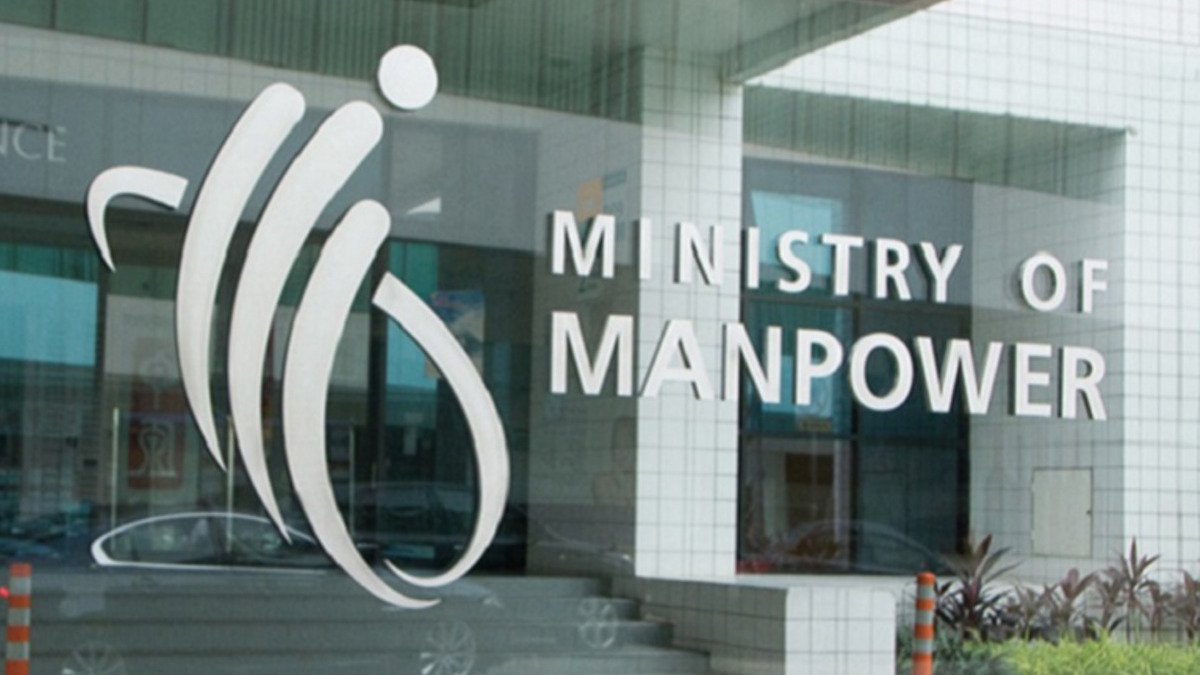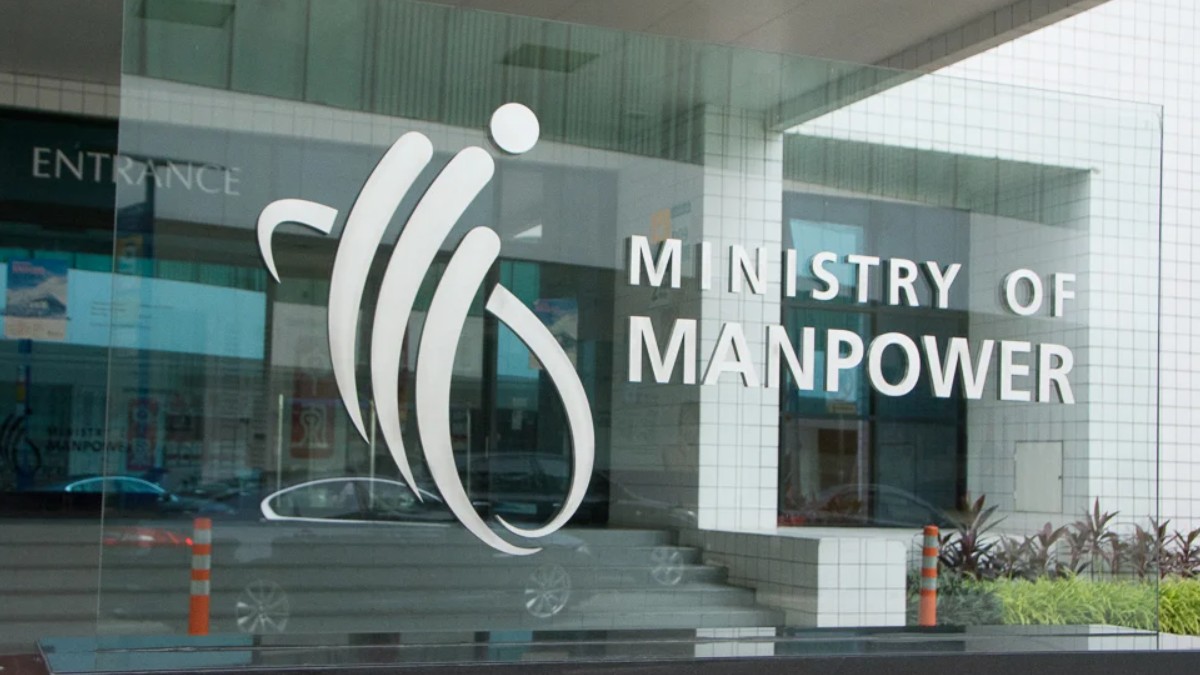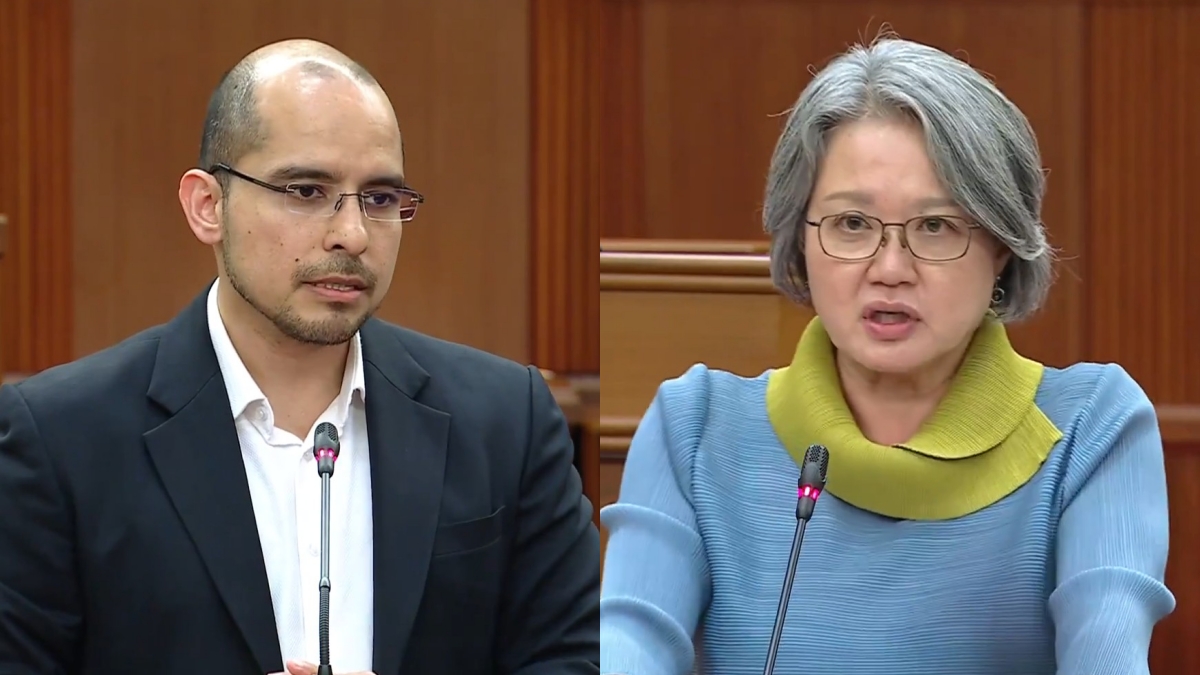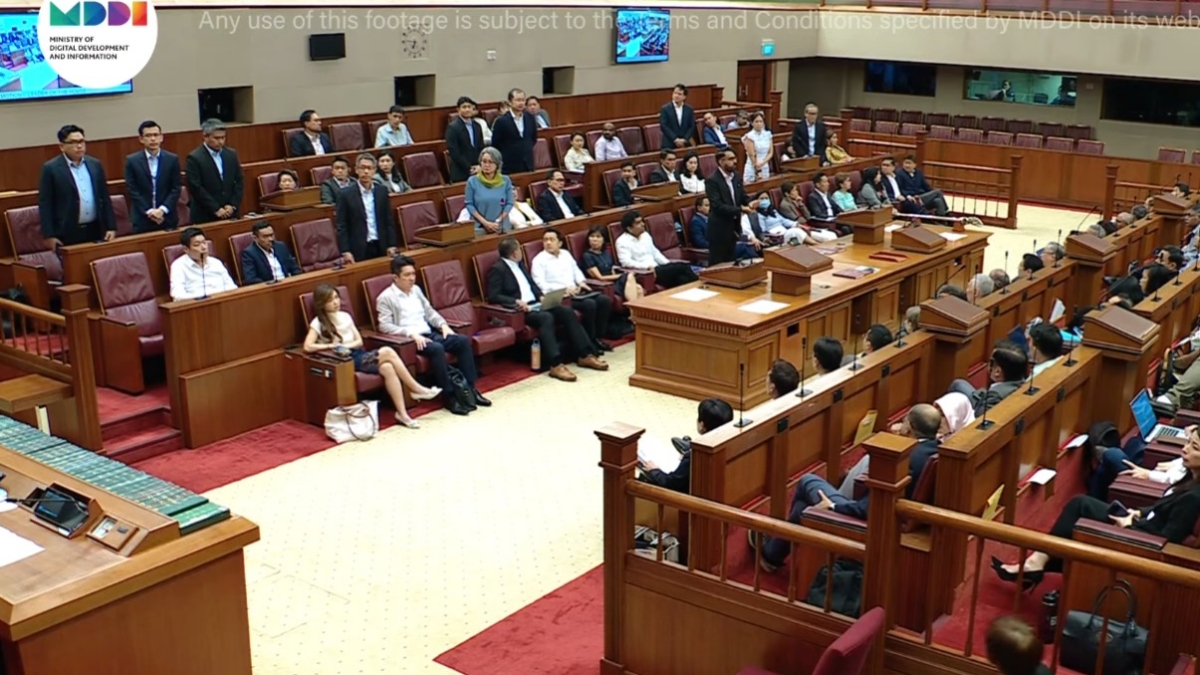Agoda did not breach retrenchment notification rules, but Tan See Leng omits data on other firms’ compliance
In response to Workers’ Party MP He Ting Ru’s parliamentary question on mandatory retrenchment notifications to the authorities, Minister for Manpower Tan See Leng said Agoda did not breach retrenchment rules, but did not address questions on how many companies had failed to comply with the requirement or what enforcement actions were taken.

In a written parliamentary reply on 4 November 2025, Minister for Manpower Dr Tan See Leng clarified that Agoda did not violate Singapore’s Mandatory Retrenchment Notification (MRN) requirements during its retrenchment exercise in August 2025.
The clarification was issued in response to a question filed by Workers’ Party Member of Parliament for Sengkang GRC, He Ting Ru.
The MP had asked how many companies had failed to notify the Ministry of Manpower (MOM) prior to retrenching employees, whether an online travel platform was among them, and what actions had been taken in such cases.
Dr Tan explained that under current regulations, employers with at least 10 employees must submit the MRN to MOM within five working days after informing affected staff of their retrenchment.
He emphasised that companies are not required to submit this notification before retrenchment occurs.
He stated that Agoda had complied with this requirement, submitting its MRN within the stipulated timeframe following its August retrenchment exercise.
This regulatory approach, according to the minister, seeks to balance the need for timely support for affected workers while allowing employers the necessary time to finalise retrenchment decisions and prepare accurate information for submission.
However, Dr Tan acknowledged that the National Trades Union Congress (NTUC) has proposed that the government consider implementing advance notification of retrenchments, potentially increasing transparency and responsiveness.
Notably, Dr Tan did not directly address two aspects of Ms He's question — the number of companies that had failed to notify MOM as required under the MRN framework, and what enforcement actions, if any, had been taken in those cases of non-compliance. His response focused primarily on the compliance timeline and Agoda's adherence to the existing rules.
Controversy over severance clauses
Despite complying with MRN requirements, Agoda came under scrutiny for including restrictive clauses in its severance agreements.
These provisions discouraged retrenched employees from approaching government agencies, trade unions or statutory boards for assistance.
The issue came to light in September 2025, when affected employees revealed that severance agreements included terms barring them from filing reports or mediation requests with organisations such as MOM, the Tripartite Alliance for Dispute Management (TADM), and the Tripartite Alliance for Fair and Progressive Employment Practices (TAFEP).
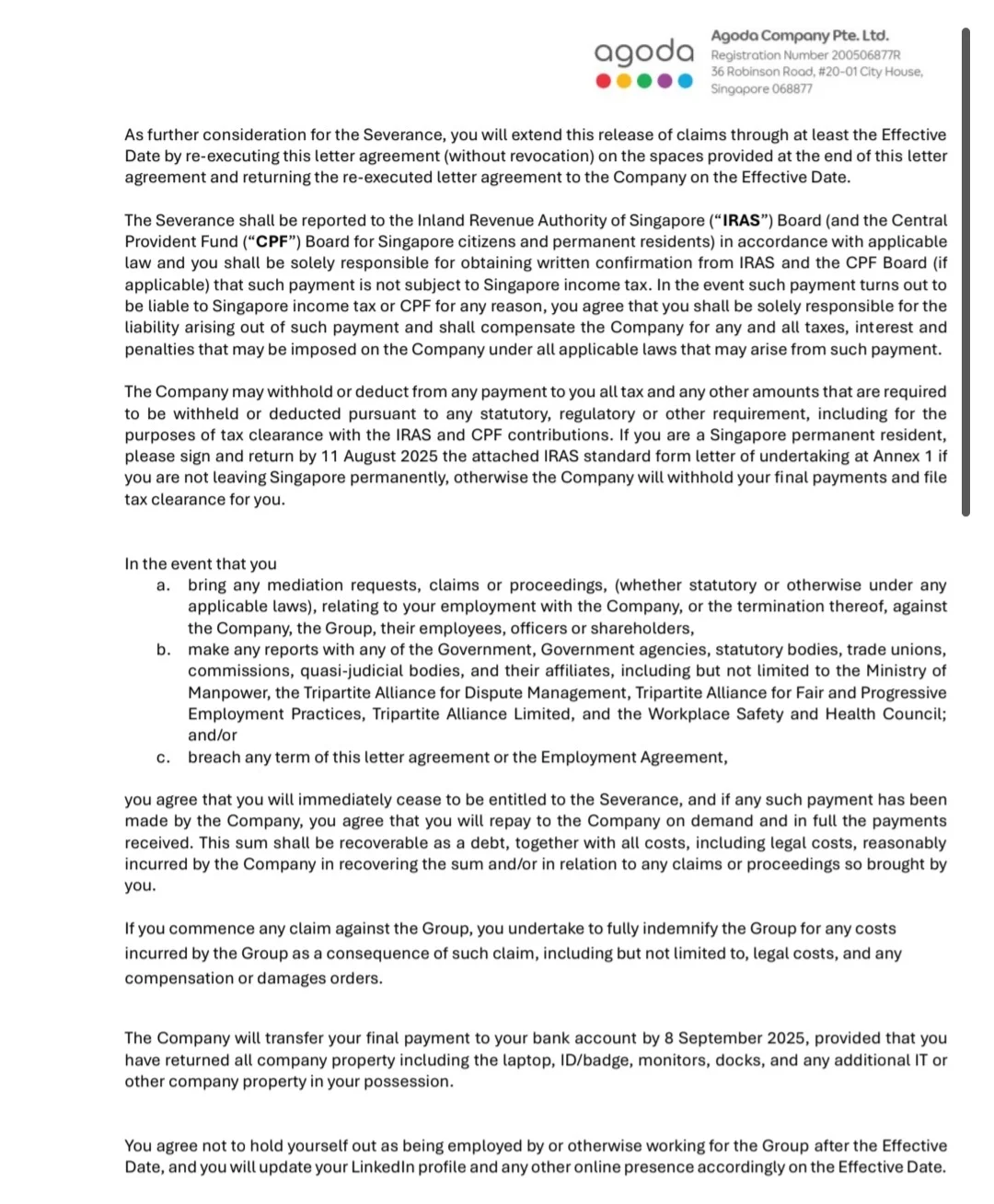
The agreements stated that employees who violated these terms would forfeit their severance payments and could be required to repay amounts already disbursed.
This drew strong condemnation from both government and labour representatives. MOM issued a statement saying it took a "serious view" of such provisions and was reviewing the matter.
NTUC and the Singapore Industrial and Services Employees’ Union (SISEU), in a joint statement, described the clauses as "irresponsible and regrettable", adding that they were "appalled" by the attempt to limit workers’ rights to seek assistance and recourse.
Agoda’s response and apology
On 19 September 2025, Agoda issued a public apology, acknowledging that the clauses included in the severance agreements were inappropriate and contrary to the principles of fair employment in Singapore.
"We apologise for any language in our agreements that gave the impression employees could not approach government agencies, statutory bodies or trade unions for additional support and advice," the company stated.
Agoda affirmed that it supports Singapore’s tripartite employment framework and expressed regret for any distress caused to affected employees.
The company has since taken steps to reach out to those impacted, ensuring they are aware of and have access to support services offered by NTUC’s Employment and Employability Institute (e2i).
Agoda also reaffirmed its long-term commitment to Singapore, stating that it would continue to invest in high-skilled roles in areas such as artificial intelligence, product development and technology.
Tripartite response
In a separate statement, NTUC secretary-general Ng Chee Meng and SISEU executive secretary Desmond Tan noted that Agoda had taken a "proactive approach" by engaging with the union and government after concerns were raised.
They confirmed that the retrenchment benefits provided were aligned with prevailing industry guidelines and that Agoda management had agreed to cooperate in supporting affected employees through their transition.
MOM described the situation as an encouraging example of Singapore’s tripartite model in action, where employers, unions and government agencies collaborate to protect workers' interests.
The ministry reiterated that while severance agreements are permissible, they must not curtail employees’ statutory rights to seek assistance from authorities or unions.



